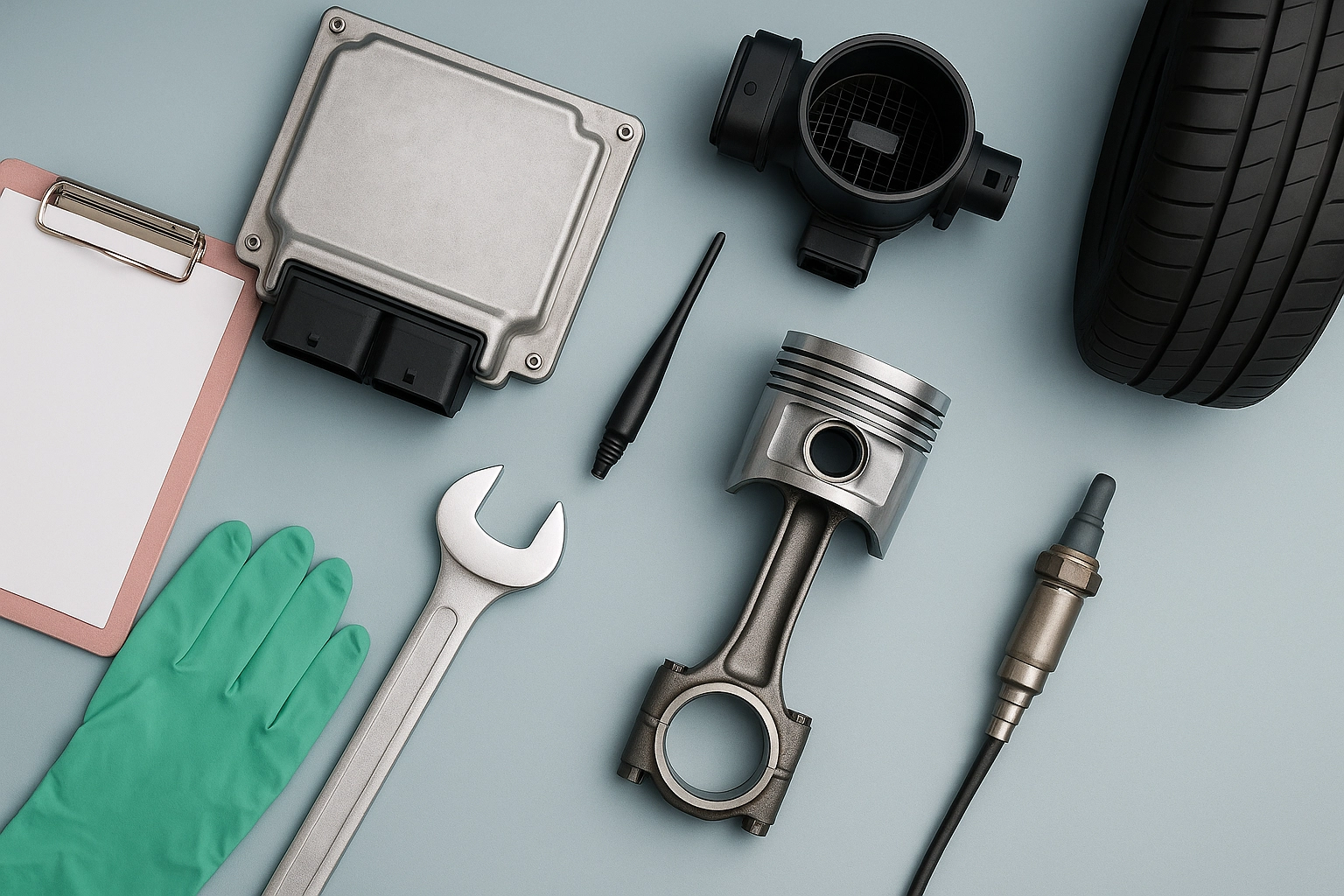ASTM D8114 Engine Low Speed Pre Ignition LSPI
The ASTM D8114 test method is a critical procedure used by automotive manufacturers to assess the robustness and durability of engine components, particularly those in low-speed pre-ignition (LSPI) conditions. This test evaluates the tendency for fuel-air mixtures to auto-ignite at an undesirable time before the scheduled spark timing, which can lead to excessive wear on piston rings and cylinder liners.
Developed by ASTM International, this standard provides a method to measure the resistance of engine lubricants against LSPI. The test is conducted using a specialized engine designed to simulate real-world driving conditions at low speeds. This setup allows for precise control over parameters such as fuel type, ignition timing, and engine speed.
Understanding LSPI is crucial because it can significantly impact the performance and lifespan of an engine. By identifying lubricants that offer superior resistance to LSPI, automotive manufacturers can ensure their products meet stringent quality standards and deliver reliable performance under various operating conditions. This test method helps in optimizing fuel efficiency and reducing emissions.
The ASTM D8114 procedure involves running the engine at specific low speeds for a predetermined number of cycles. During this process, the amount of metal shavings produced is measured as an indicator of wear. Higher levels of metal shavings suggest increased wear due to LSPI, indicating that the lubricant may not be sufficient in preventing such conditions.
This test method plays a vital role in the development and quality assurance of automotive components. By employing ASTM D8114, manufacturers can ensure their engines are designed with robust materials and lubricants capable of withstanding LSPI events without significant wear or failure. This not only enhances engine reliability but also contributes to overall vehicle safety and longevity.
The test results from ASTM D8114 provide valuable insights into the performance characteristics of different lubricant formulations under low-speed, high-torque conditions. These data are essential for R&D teams as they refine their products, ensuring that the final product meets both current and future regulatory requirements.
Moreover, the test has broader implications beyond just engine design. It aids in understanding how various factors—such as fuel quality, ignition timing, and operating conditions—affect LSPI tendencies. This knowledge is instrumental in optimizing vehicle performance and reducing maintenance costs over the lifecycle of an automotive product.
- Environmental Impact: By minimizing wear caused by LSPI, the ASTM D8114 test supports more efficient engine operation, which can lead to reduced fuel consumption and lower emissions. This aligns with global efforts towards sustainable transportation solutions.
- Safety Considerations: The ability to predict and mitigate LSPI risks helps in designing safer engines that perform optimally under diverse driving conditions.
- Economic Benefits: Automotive manufacturers can reduce warranty claims by ensuring their products meet rigorous testing standards like ASTM D8114. This also enhances brand reputation, contributing positively to market competitiveness.
Eurolab Advantages
At Eurolab, we leverage our expertise and state-of-the-art facilities to offer comprehensive testing services that meet the highest industry standards. Our team of experienced professionals ensures accurate and reliable results for ASTM D8114 tests.
We provide a fully equipped laboratory capable of simulating real-world engine conditions, enabling us to accurately replicate LSPI scenarios in controlled environments. This allows our clients to gain insights into their products' performance under various operational parameters without the need for extensive field testing.
Our commitment to quality is further enhanced by our adherence to international standards such as ASTM D8114 and other relevant guidelines. This guarantees that all tests conducted at Eurolab are consistent with industry best practices, ensuring credibility and reliability in test results.
We pride ourselves on delivering timely reports complete with detailed analysis of the test outcomes. Our reports not only provide numerical data but also interpret these findings within the broader context of automotive engineering, helping clients make informed decisions about their product development processes.
Moreover, Eurolab's advanced testing capabilities extend beyond ASTM D8114 to cover a wide range of other engine and powertrain tests. This comprehensive service portfolio ensures that our clients receive a holistic understanding of their products' performance across multiple aspects.
International Acceptance and Recognition
The ASTM D8114 test method has gained significant international recognition due to its rigorous approach and relevance in the automotive industry. Developed by ASTM International, this standard is widely accepted across numerous countries as a benchmark for evaluating engine lubricants against LSPI.
Many global regulatory bodies have incorporated ASTM D8114 into their guidelines for ensuring product quality and safety. Compliance with these standards not only enhances market access but also boosts consumer confidence in automotive products that meet stringent testing protocols.
The widespread acceptance of ASTM D8114 underscores its importance in the automotive sector, reflecting its role as a critical tool for maintaining high standards of engine durability and performance. By adhering to this test method, manufacturers can ensure their products not only comply with international regulations but also meet the expectations set by consumers worldwide.





